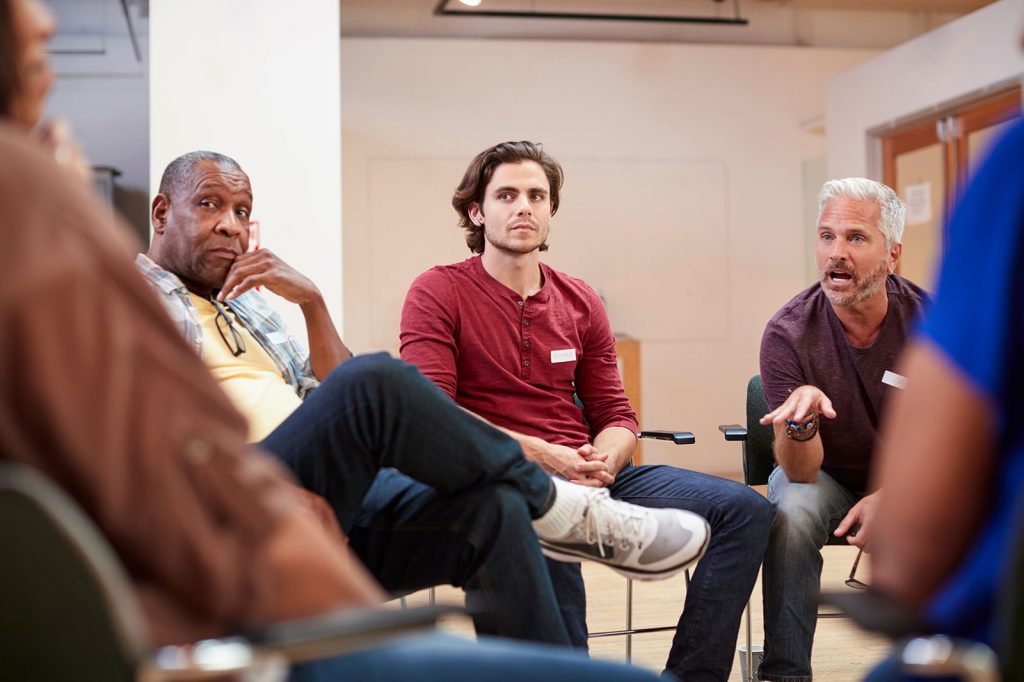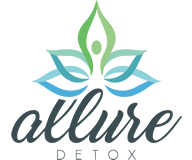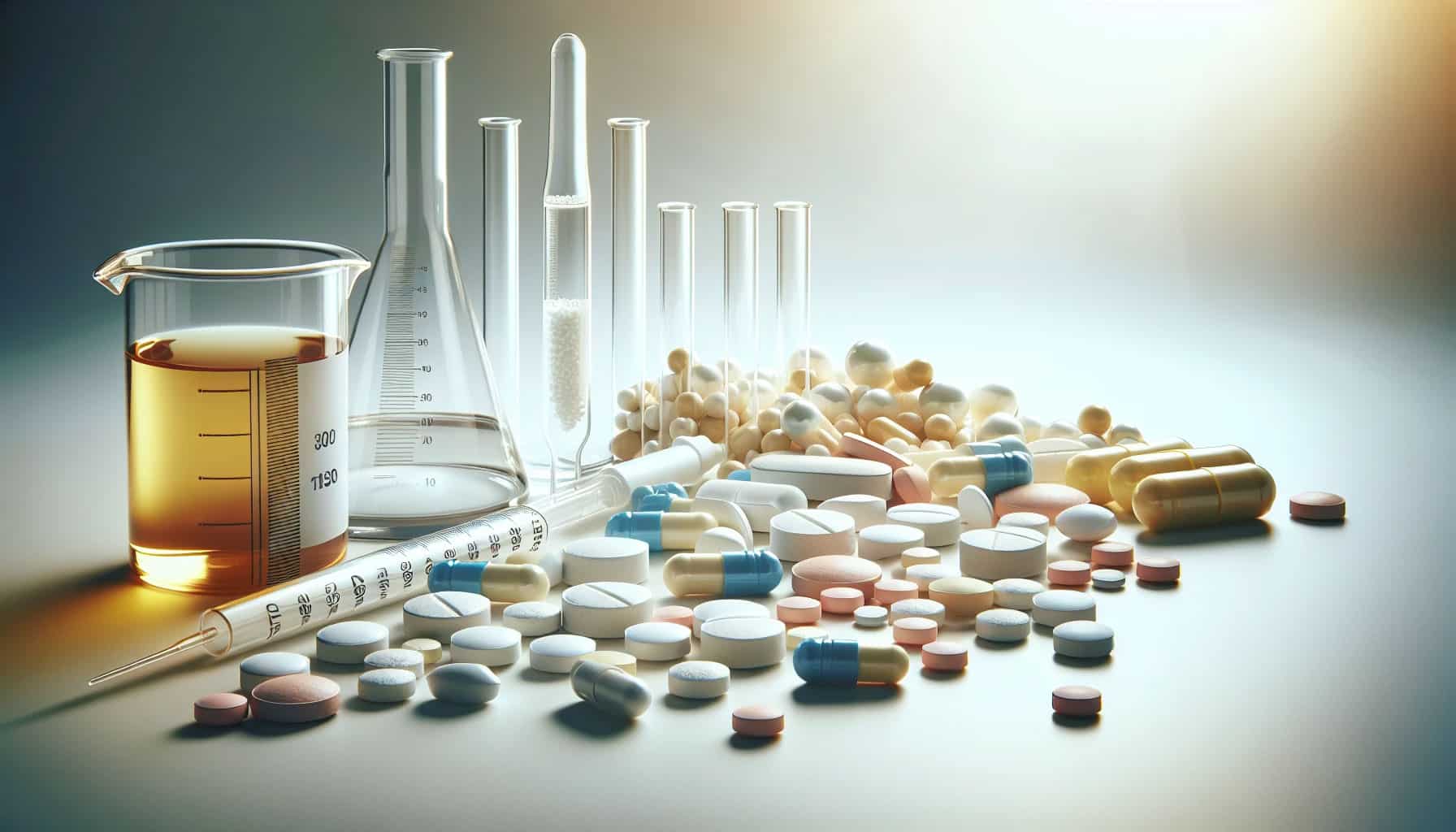Drug abuse is all too common. Studies show that at least 10% of all adults in the US have struggled with drug abuse at some point in their lives, while 75% admit that they never had treatment. These numbers alone reveal just how large of an issue drug abuse is.

For many people, drug addiction can be avoided. If you’re worried that addiction may become a problem for you, this list of 10 ways on how to avoid drug addiction may be of help.
Table of Contents
- 1 1. UNDERSTAND HOW ADDICTION HAPPENS
- 2 2. KNOW YOUR RISK FACTORS
- 3 3. STEER CLEAR OF PEER PRESSURE
- 4 4. LIVE A BALANCED LIFE
- 5 5. KNOW THE SIGNS
- 6 6. LEARN TO COPE
- 7 7. DEVELOP STRONG AND HEALTHY RELATIONSHIPS
- 8 8. TAKE ALL PRESCRIPTION DRUGS EXACTLY AS PRESCRIBED
- 9 9. KNOW WHAT TRIGGERS YOU
- 10 10. SEEK HELP FROM A PROFESSIONAL
- 11 STRUGGLING WITH DRUG ADDICTION OR CONCERNED ABOUT AVOIDING DRUG ADDICTION? ALLURE DETOX CAN HELP
1. UNDERSTAND HOW ADDICTION HAPPENS
Education is often one of the most powerful counteractions against addiction. Many people begin recreational drug use convinced that there’s no way that they can become addicted. They may think that only a handful of people are susceptible to drug abuse issues.
In actuality, while some people are at more risk for developing a drug addiction, anyone can become addicted to drugs. Depending on age, 27%-70% of people who try an illegal drug wind up getting addicted. The younger you are, the more likely you are to develop an addiction.
To understand addiction, you have to first understand how drug use affects the brain. While not all drugs affect the brain in the same way, they all cause some sort of change in the neurons. Drugs can act as neurotransmitters and affect how neurons send, receive and process various signals.
Drugs usually create some sort of pleasurable or satisfying experience in the brain. Over time, the brain gets used to these feelings and craves more. It requires more and more of the drug to achieve the same feelings, and addiction occurs.
So, with enough drug use, anyone can become addicted, because drugs alter the chemistry in their brain.
2. KNOW YOUR RISK FACTORS
Everyone’s risk factors for drug addiction are different. Knowing your risk factors can help you make educated decisions about the substances you put into your body.
Risk factors can be divided into two categories: genetic and environmental.
Genetic Risk Factors
If you have immediate family members who struggle with addiction, then there’s a good chance you have a genetic risk factor. Scientists are doing a lot of research into the role of genetics in drug addiction, but they currently estimate that genetics make up 40%-60% of someone’s risk for addiction.
Environmental Risk Factors
The rest of a person’s predisposition for addiction is made up of environmental factors. People who grew up with drug abuse in their homes are more likely to abuse drugs themselves. Peer groups also play an important role. Teens and young adults who have friends who do drugs are at a much higher risk of getting addicted.
Other Risk Factors
People with mental health issues such as depression are more likely to become addicted. Those who have little interaction with their family and no support system are also at risk.
3. STEER CLEAR OF PEER PRESSURE
Peer pressure can often lead people to try drugs and continue to use them. Many people start out using drugs with a peer group. They plan to only use the drugs recreationally or socially. Over time, they find themselves using more and more until they’re addicted.
If you have friends who pressure you to do drugs, you should spend less time with them, especially if you know you’re likely to give in.
People who pressure you to do things that are unsafe or unhealthy aren’t true friends. You should try to find a peer group that has healthier hobbies that will benefit you.
4. LIVE A BALANCED LIFE
It’s important to live a balanced life for many reasons, but one of the most important is that it makes you less likely to become addicted to drugs.
What does a balanced life look like? You need to achieve a work-life balance that works for you. This means that you work hard, but you also have time to spend with family and friends, pursue your hobbies and passions, and practice self-care.
Healthy eating is also part of a balanced life. By cutting out sweets and junk foods, eating more fruits and vegetables, and drinking more water, you can keep your body healthy. You’ll feel better, which will make you less likely to try drugs.
Exercise is also important. Exercise keeps your body healthy and plays a big role in preventing drug addiction. When you work out, the hormone dopamine is released in your brain. Dopamine gives you a natural high, making you less likely to seek a drug-induced high.
You should also take time for mindfulness exercises, meditation or other spiritual pursuits. These types of activities keep your mind strong and help you grow in confidence.
5. KNOW THE SIGNS
There are many warning signs that you’re getting dependent on drugs. The longer you’re addicted, the harder it is to recover. If you can detect the early warning signs, you’ll know when you’re in danger.
The biggest sign is that you need the drug more often. You’ll also have trouble resisting when it’s available. You may be willing to go to great lengths to get more of the drug when you run out.

You may start to have mood swings and may no longer be interested in the things that used to make you happy. You may find yourself withdrawing from family and friends. Your eating and sleeping habits may change and your productivity will decrease.
6. LEARN TO COPE
Life gets hard. Everyone has things that are difficult to deal with. You may be going through some difficult times, while it seems like everyone else has their life together. In these situations, people often turn to drugs, but there are healthier ways to deal with your problems.
Start by reminding yourself that everyone has struggles, even if it seems like they don’t. Then, find the things that ease your stress and give you peace. You may solace in music, exercise, painting, reading, watching a movie, or simply spending time with a loved one. Write a list so you have something to turn to when you’re feeling down.
7. DEVELOP STRONG AND HEALTHY RELATIONSHIPS
One of the most important keys to staying drug-free is to develop healthy relationships with the right people. These people may be your family, friends or a significant other. No matter who it is, try to have people in your life who support you in a healthy way.
Find people whom you can talk to and who will support you without judgment when you need help. These are the people you can call if you’re tempted to use drugs.
8. TAKE ALL PRESCRIPTION DRUGS EXACTLY AS PRESCRIBED
Some prescription drugs can be just as addictive as illegal drugs. More people die from prescription drug abuse than heroin, meth, cocaine, and amphetamines combined. If you know you’re already prone to addiction, then you have to be even more careful, particularly if it’s an opioid or other highly addictive prescription drugs.
You should always follow your doctor’s instructions to the letter for every type of prescription you take. Over-the-counter medications should also be taken following the instructions on the box.
If you feel like you can’t trust yourself to take only the prescribed amounts of your medication, consider giving them to a trusted loved one who can give them to you as directed.
9. KNOW WHAT TRIGGERS YOU
A trigger is something that makes you more likely to abuse drugs. Everyone’s triggers are different. Some people are triggered when they’re around others who are using drugs. Others are triggered after having a bad day at work or school. Some need a way to deal after a difficult encounter with a loved one or when they experience a bout of depression.
If you can figure out what causes your desire to do drugs, you can try to curb your craving before it’s too intense. You can develop other coping mechanisms and substitute those to help you deal.
10. SEEK HELP FROM A PROFESSIONAL
Whether you’ve never used drugs but are worried about addiction or if you’ve already used drugs a few times and are concerned you may become addicted, getting help from a professional is always prudent.

While the nine suggestions above are valuable, you may not always be able to figure out these things on your own. A professional can help you understand your motivations, triggers, habits, and behaviors. They can then help you come up with a plan to make healthy choices.
STRUGGLING WITH DRUG ADDICTION OR CONCERNED ABOUT AVOIDING DRUG ADDICTION? ALLURE DETOX CAN HELP
While these 10 ways how to avoid drug addiction are helpful, you don’t have to struggle with drug addiction alone. Allure Detox will work with you to develop a treatment plan that meets you wherever you are in your journey. Contact us today to learn more.


